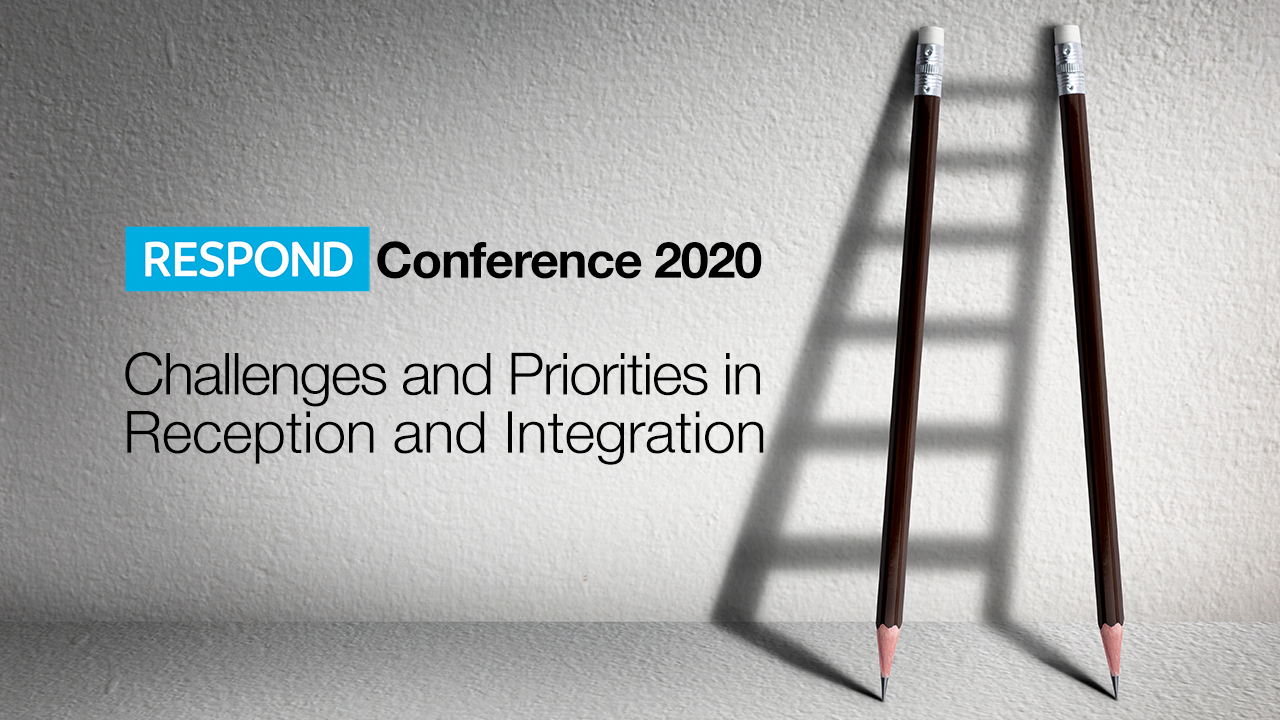by Andrea Catani | University of Florence
On 23 September 2019, in Valletta (Republic of Malta), Germany, France, Italy and Malta – in the presence of the Finnish Presidency of the Council of the EU and of the European Commission – drafted an agreement, entitled “Joint declaration of intent on a controlled emergency procedure – voluntary commitments by Members States for a predictable temporary solidarity mechanism”, known as “the Malta agreement”. This is neither an EU legal act nor an international agreement, but a simple “joint declaration” signed at an informal summit by a small number of EU Member State’s Prime Ministers, and yet, as it produces effects on people’s lives, having a better understanding of what it is about is relevant.
The main commitment stated in the agreement (paragraph 1) is to “set up a more predictable and efficient temporary solidarity mechanism in order to ensure the dignified disembarkation of migrants taken aboard, on the high seas, by vessels in a place of safety”.
Read More








